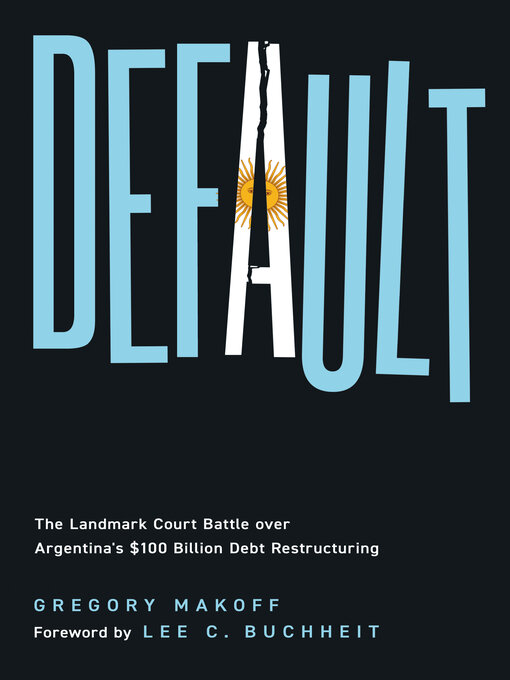The dramatic inside story of the most important case in the history of sovereign debt law
Unlike individuals or corporations that become insolvent, nations do not have access to bankruptcy protection from their creditors. When a country defaults on its debt, the international financial system is ill equipped to manage the crisis. Decisions by key individuals—from national leaders to those at the International Monetary Fund, from holdout creditors to judges—determine the fate of an entire national economy. A prime example is Argentina's 2001 default on $100 billion in bonds, which stands out for its messy outcomes and outsized impact on sovereign debt markets, sovereign debt law, and IMF policy.
Default is the riveting story of Argentina's sovereign debt drama, which reveals the obscure inner workings of sovereign debt restructuring. This detailed case study describes the intense fight over the role of the IMF in Argentina's 2005 debt restructuring and the ensuing bitter decade of litigation with holdout creditors, demonstrating that outcomes for sovereign debt are determined by a complex interplay between financial markets, governments, the IMF, the press, and the courts.
This cautionary tale lays bare the institutional, political, and legal pressures that come into play when a country cannot repay its debts. It offers a deeper understanding of how global financial capitalism functions for those who work in or study debt markets, international finance, international relations, and international law.

